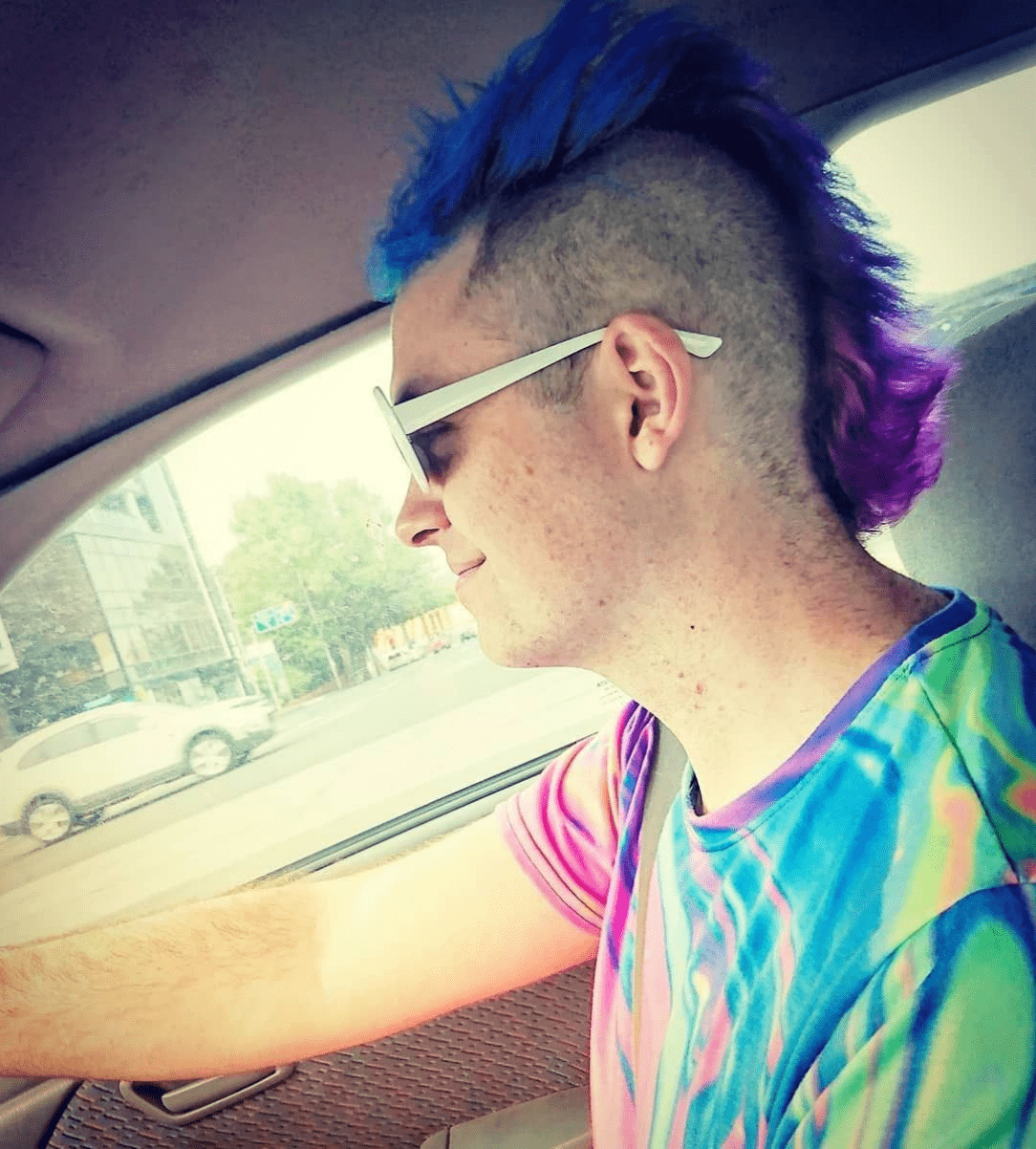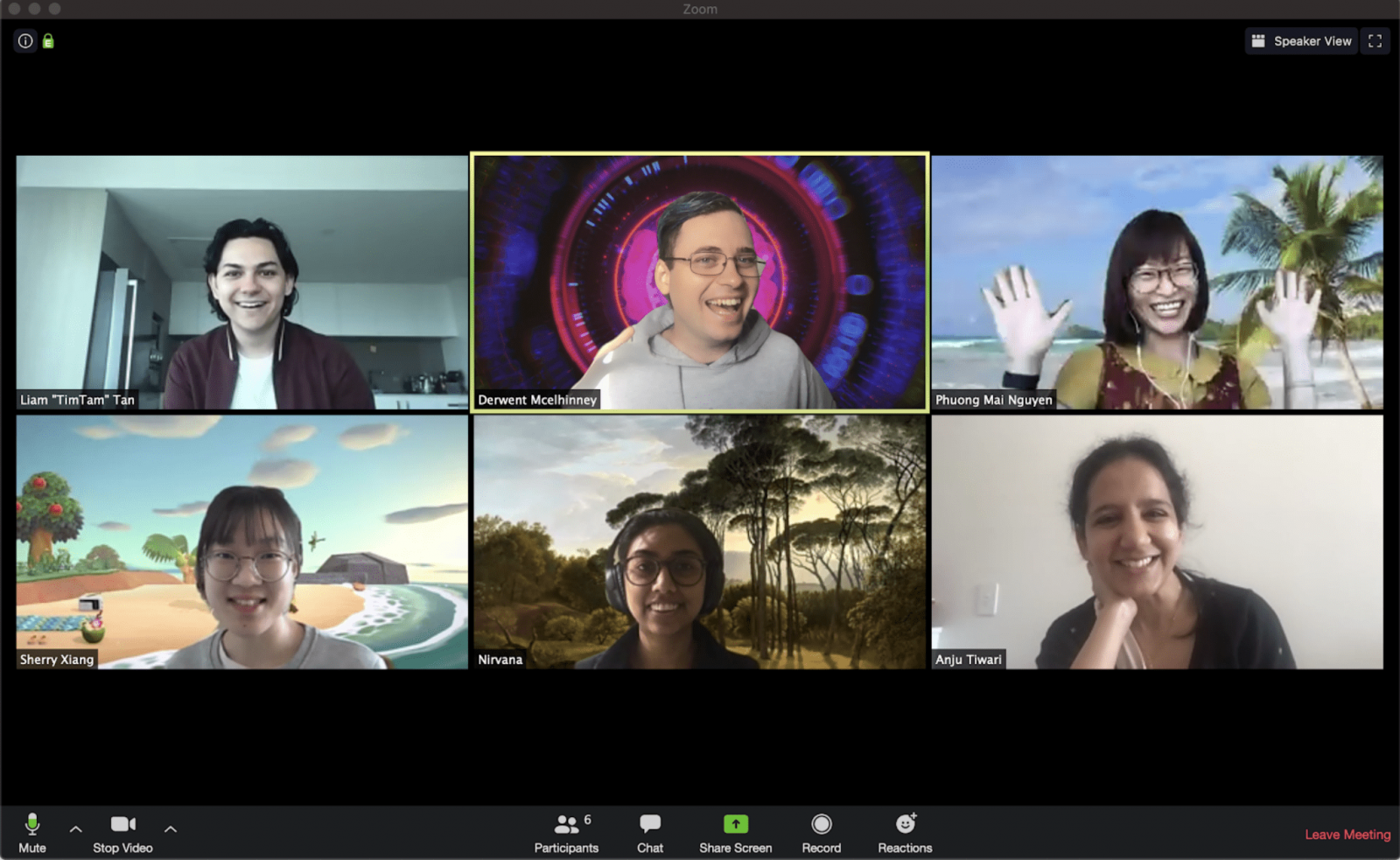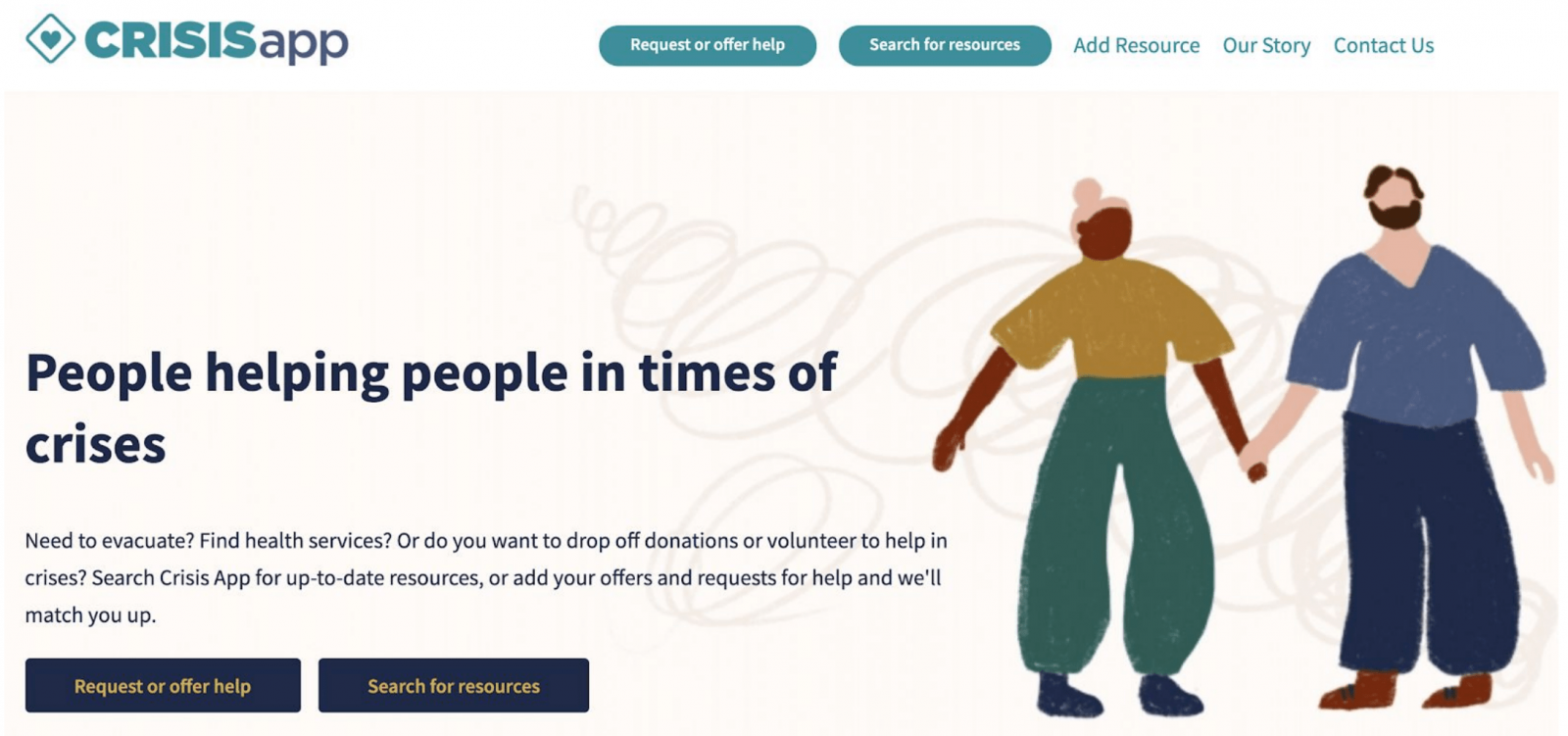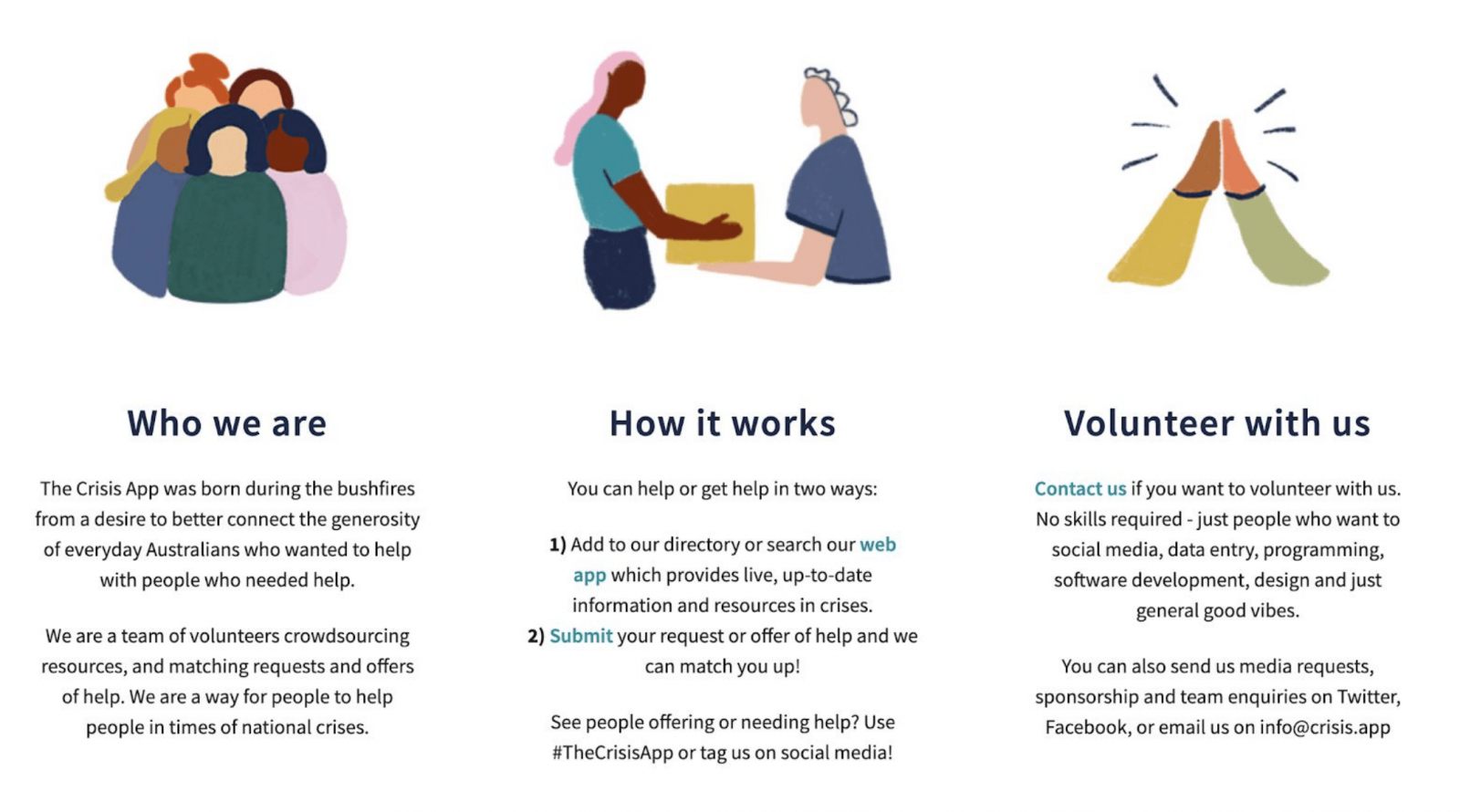
[Stories of social change] Matching donors with those in need during a crisis
Over the years, the world has seen remarkable and rapid advancements in technology which are deeply impacting society. Despite this, we continue to struggle with issues such as poverty, violence, and climate change. At Thoughtworks, we believe that technologists have a unique role to play in how we can positively impact society and push for a more equitable tech future.
In our Stories of Social Change series, we are sharing stories from Thoughtworkers around the world who have leveraged their skills and experience to build technology that truly impacts people and effects social change. These stories show that technologists are in a unique position to change the world and inspire action in others.
Name: Derwent 'Dev' McElhinney
Thoughtworks home: Australia
Preferred pronouns: they/them
Joined Thoughtworks: 2019
What brought you to Thoughtworks?
I'm a polymath consultant with a passion for social justice. I joined Thoughtworks because I wanted to solve interesting technical problems and make a positive difference in the world. I love diving into unfamiliar tech stacks and solving complex engineering problems on the cutting edge of computer science.
Since joining Thoughtworks in 2019, I have made a point of exposing myself to as many different software engineering domains as possible. These domains range from quantum computing, machine learning, and internet of things, to augmented reality, data engineering and cloud native engineering. I'm also an engaged participant in the information security community, attending various capture-the-flags, meet-ups and conferences.
Tell us about the work you’ve been doing and how it makes a difference and/or changes tech.
Crisis App was initially started to help people find resources they needed during the Australian Bushfire crisis of 2019-2020. Volunteers from multiple countries quickly came together to figure out a way to match people needing help with those generously offering it. We’re talking about everything from mask sewing workshops and pet-sitting to loans on generators, even free legal advice.We built our first version of the app in VueJS in two weeks. This was when the bushfire crisis was in full swing so our priority was to help people find resources as quickly as possible. Our site started as a barebones web app which pulled data from G Suite to provide a searchable interface to a list of publicly accessible resources for people affected by the bushfires. However, we found that this solution didn't provide anonymity for donors. It was also difficult for non-technical volunteers to update content on the site, so the work we've been doing recently has been migrating the site to a new CMS and building a match-making system to address these issues.
With the onset of the COVID-19 pandemic, it became even more important to provide the ability to anonymously match individuals seeking help with people offering help, so we built out a tinder-style natural language processing powered match-making algorithm to help automate this process. Our ultimate goal is to build a functional framework to address any future crisis beyond COVID-19.
What was your specific role in the project?
So how does the app work?
Crisis App allows communities in need to quickly, simply, and anonymously post requests for assistance, either online or via a mobile-friendly web app. The app automatically searches through its directory of crowd-sourced resources to match these requests with people who are able to offer free assistance – whether it’s delivering groceries, medications, clothes, or even legal advice.If you have a resource you want to share with people affected by a crisis, you can submit it to our public directory of resources. If you want to offer help to individuals who need assistance, you can post your info privately and we will match you with someone who has requested help.
What is unique about the app?
Crisis App uses a unique algorithm to automate the matching of requests and offers from its crowd-sourced directory of volunteers and resources (from Facebook and other online channels). The project’s founders are volunteers from multiple companies, including Thoughtworks, who are expert developers, designers, and marketers wanting to make a difference in times of crisis.How can people outside of Thoughtworks contribute?
There are so many ways for people to get involved if they want to help, even for those with no technical skills. What we really need right now is to get people who need help to start using our site. Our match-making algorithm is only as powerful as the data we have in our system. So if you’re based in Australia and you or someone you know needs help, or you want to offer your time, skills, or kindness to people nearby through the app, visit https://crisis.app/.Disclaimer: The statements and opinions expressed in this article are those of the author(s) and do not necessarily reflect the positions of Thoughtworks.
Related Blogs
-
 Social change[Stories of social change] Protecting front-line workers during COVID-19 through technologyLearn more
Social change[Stories of social change] Protecting front-line workers during COVID-19 through technologyLearn more -
 Social change[Stories of Social Change] Building an app to empower female houseworkersLearn more
Social change[Stories of Social Change] Building an app to empower female houseworkersLearn more -
 Social change[Stories of Social Change] Raising awareness for discriminatory AI programs in BrazilLearn more
Social change[Stories of Social Change] Raising awareness for discriminatory AI programs in BrazilLearn more





















